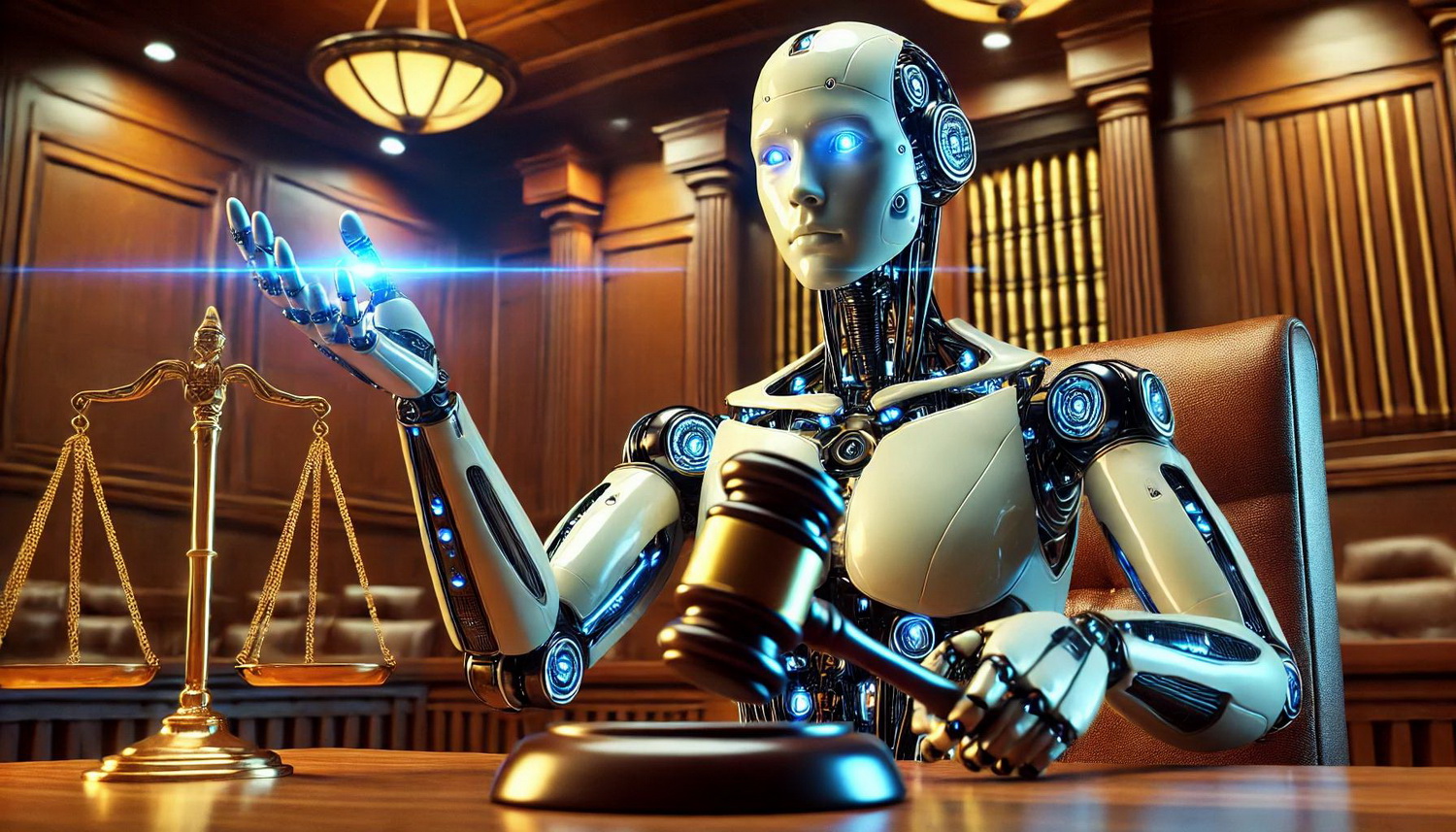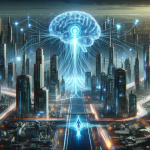Introduction
The digital revolution has ushered in a new era where artificial intelligence, celebrity culture, and political power converge to redefine influence. No longer confined to traditional systems of authority, the modern world now revolves around the exchange of information, digital presence, and innovation.
From AI-driven campaigns to celebrity activism and tech-led diplomacy, the balance of power is shifting rapidly. What connects them all is the transformative potential of technology, which not only empowers global voices but also challenges the boundaries of governance and creativity.
Artificial Intelligence and the Modern Power Structure
Artificial intelligence has become the backbone of modern economies and governance. Governments across continents use AI to forecast trends, analyze public behavior, and strengthen decision-making processes. This has made data the most valuable asset of the twenty-first century.
However, with this power comes responsibility. As AI systems grow more sophisticated, they also raise concerns about bias, data privacy, and the ethical limits of machine intelligence. The challenge lies in ensuring that technology serves humanity, not the other way around.
Celebrities as the New Cultural Diplomats
Celebrities now play a critical role in influencing international awareness and social change. Through digital platforms, they transcend borders, using their fame to promote causes like environmental protection, equality, and global health.
From Leonardo DiCaprio’s climate activism to Taylor Swift’s social campaigns, these figures leverage their influence to bridge entertainment and advocacy. Their voices often resonate louder than official statements, proving that celebrity culture has become an instrument of diplomacy in the digital age.
Technology and Global Governance
Technology has become a key tool for governments seeking to manage economic growth and global stability. AI-powered systems monitor trade, cybersecurity, and even election integrity, reinforcing the link between digital innovation and national security.
At the same time, geopolitical competition over technology—especially between superpowers like the United States and China—has intensified. The race for AI dominance has become a defining factor in global politics, shaping alliances and influencing policy at every level.
The Intersection of AI and Entertainment
In entertainment, AI is no longer just a supporting tool—it is a creative partner. Film studios, music producers, and artists use machine learning to craft experiences that were once unimaginable.
AI algorithms now assist in writing scripts, editing videos, and even generating virtual actors. While this revolutionizes creativity, it also raises questions about authenticity, originality, and the future of human artistry in a machine-driven world.
Social Media: The Global Stage of Influence
Social media has turned the world into an interconnected stage where ideas, trends, and movements spread within seconds. Politicians, celebrities, and activists use these platforms to shape public narratives and mobilize communities.
However, the same algorithms that fuel connection can also amplify misinformation. This dual nature of digital platforms has sparked debates about regulation, freedom of expression, and the ethical responsibilities of those who control information flow.
AI Ethics and Global Cooperation
The growing power of artificial intelligence demands international collaboration to ensure its ethical use. Global organizations and tech companies are now advocating for AI governance frameworks that emphasize fairness, transparency, and inclusivity.
Building trust in AI requires not only innovation but also human values at its core. Cooperation among nations and institutions will determine whether AI becomes a unifying force or a tool for division in the decades ahead.
FAQs
How is AI influencing global politics?
AI provides governments with insights for decision-making and strategy but raises issues of surveillance and bias that need careful management.
Why are celebrities important in shaping social issues?
Celebrities use their platforms to promote awareness, drive global activism, and connect audiences to humanitarian causes.
What role does technology play in governance?
Technology improves efficiency in policymaking, enhances communication, and strengthens cybersecurity, reshaping how nations operate.
How is AI transforming entertainment?
AI assists in content creation, editing, and audience analysis, revolutionizing the way entertainment is produced and consumed.
What are the key concerns surrounding AI ethics?
Data privacy, algorithmic bias, and misuse of technology are among the most pressing concerns that require global oversight.
Conclusion
The fusion of AI, celebrity influence, and political power represents a turning point in human civilization. This intersection is not just transforming industries—it is redefining how societies communicate, govern, and create. The digital age has blurred the lines between innovation, culture, and authority, making technology the common thread that binds them all.
As humanity continues to advance, balance will be key. Ethical AI development, responsible leadership, and conscious creativity will determine whether this new world of digital power brings harmony or chaos. The challenge is not to control technology—but to guide it wisely for the benefit of all.


